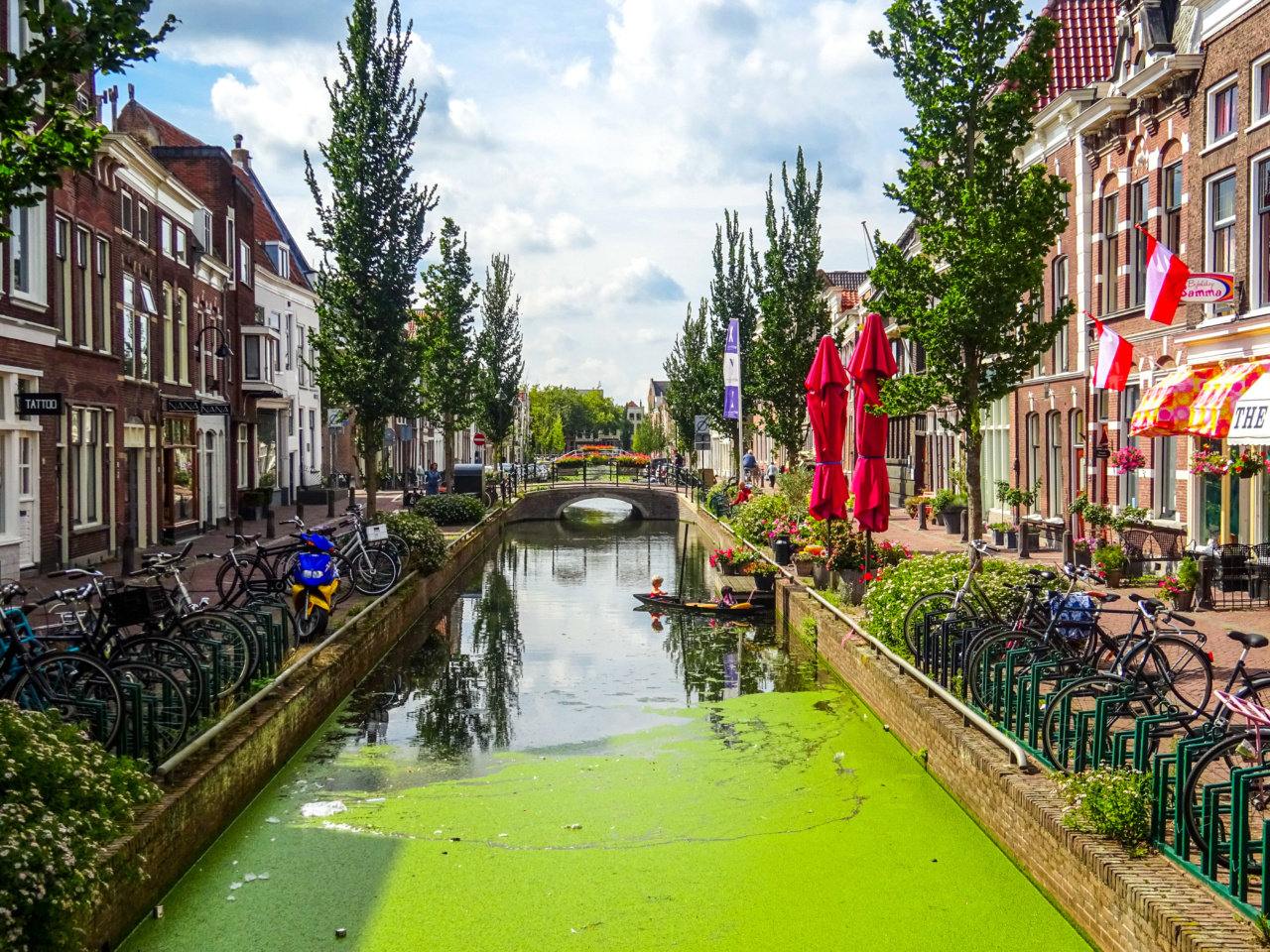Traveling is a wonderful way to explore new places, experience different cultures, and create lasting memories. However, when touring in polluted cities, it is important to take extra precautions to protect your lungs and overall health.
In this article, we will discuss several effective strategies to minimize the negative impact of pollution on your respiratory system while enjoying your trip.
1. Check Air Quality Index (AQI) regularly
Before venturing out, make it a habit to check the Air Quality Index (AQI) of the city you are visiting. The AQI provides information about the levels of air pollution and the associated health risks.
Downloading a reliable air quality app on your smartphone can help you stay informed and plan your activities accordingly.
2. Limit outdoor activities during peak pollution hours
Pollution levels tend to be highest during certain times of the day, usually during rush hours or when temperature inversions occur. It is advisable to limit your outdoor activities during these peak pollution hours.
Instead, consider exploring indoor attractions, museums, or shopping malls during these times to reduce your exposure to polluted air.
3. Wear a pollution mask
Investing in a high-quality pollution mask can greatly protect your lungs from breathing in harmful particles and pollutants. Look for masks with efficient N95 or N99 filters that can filter out fine particulate matter and harmful gases.
Wear the mask consistently, especially when walking around busy streets or visiting areas known for high pollution levels.
4. Choose green spaces for outdoor activities
Instead of opting for congested and highly polluted areas, prioritize visiting parks, gardens, and green spaces where the air quality is relatively better.
These areas can provide a refreshing break from pollution and allow you to breathe in cleaner air while enjoying the beauty of nature.
5. Stay well-hydrated
Drinking an adequate amount of water throughout the day is essential for maintaining respiratory health. Water helps to thin mucus and facilitates its removal from your respiratory tract.
Additionally, staying hydrated can reduce the risk of irritation and inflammation in the airways caused by pollution.
6. Incorporate antioxidant-rich foods into your diet
Antioxidants play a crucial role in protecting your lungs from the damaging effects of air pollution. Include foods high in antioxidants, such as fruits and vegetables, in your daily diet.
Berries, leafy greens, citrus fruits, and bell peppers are excellent choices to boost your antioxidant intake and support lung health.
7. Consider using indoor air purifiers
If you are staying in a hotel or accommodation with poor indoor air quality, using an air purifier can significantly improve the environment and safeguard your respiratory health.
Look for purifiers with HEPA filters that can effectively remove airborne pollutants and ensure cleaner indoor air.
8. Take regular breaks in air-conditioned environments
Air-conditioned environments with well-sealed windows can provide a safe haven from outdoor pollution. Take regular breaks in air-conditioned spaces, such as cafes, restaurants, or shopping centers, where the air is filtered and free from pollutants.
This can give your lungs time to recover and reduce the risk of respiratory issues.
9. Practice deep breathing exercises
Deep breathing exercises help to expand your lungs, enhance oxygenation, and improve lung capacity. Take a few moments each day to practice deep breathing techniques, such as diaphragmatic breathing or pursed-lip breathing.
These exercises can strengthen your respiratory muscles and make your lungs more resilient against pollution.
10. Consult a healthcare professional before your trip
If you have pre-existing respiratory conditions, such as asthma or chronic obstructive pulmonary disease (COPD), it is crucial to consult your healthcare professional before traveling to heavily polluted cities.
They can provide personalized advice, prescribe necessary medications, and ensure you are well-prepared to protect your lungs throughout your trip.





























